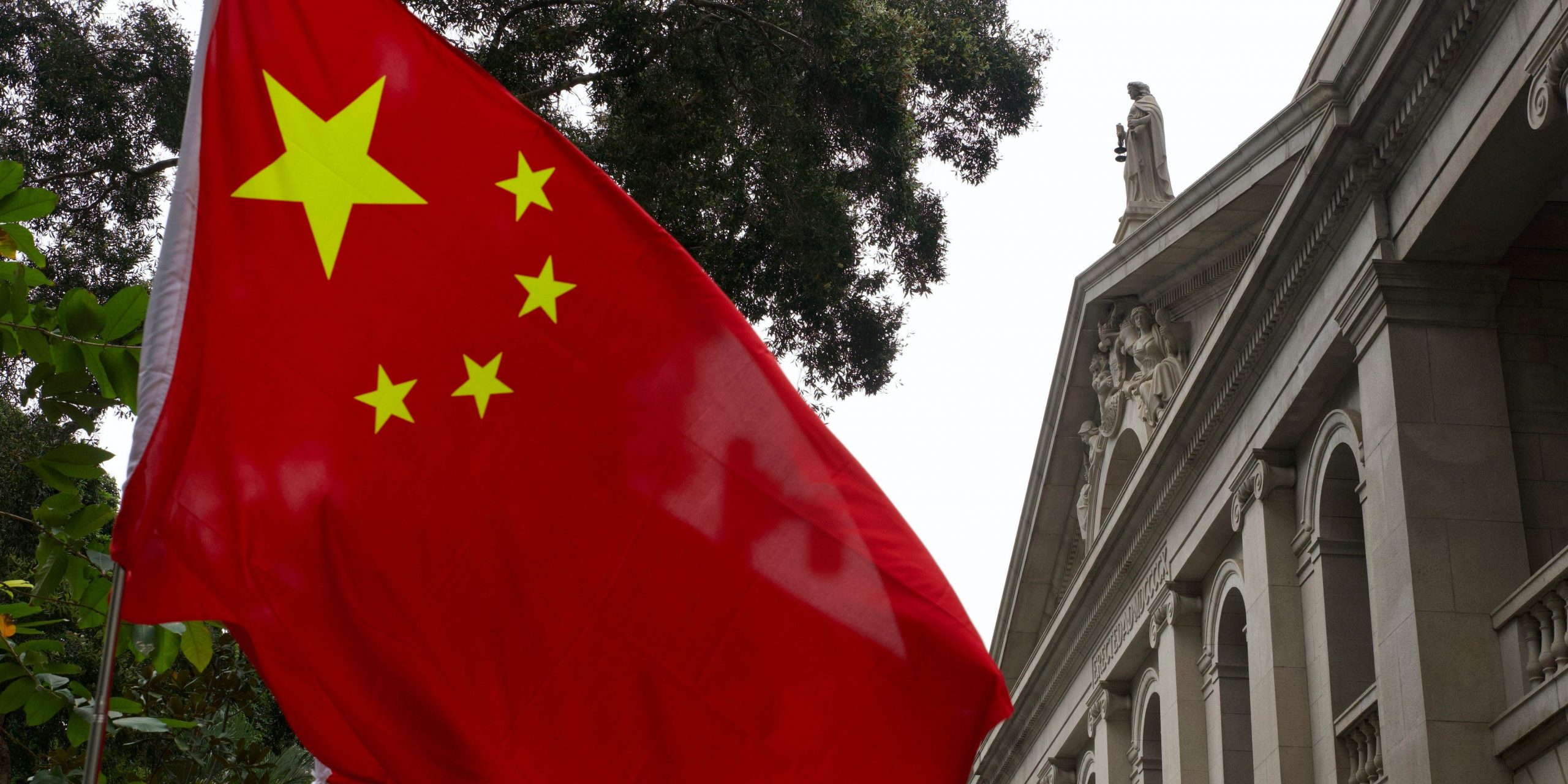
Vincent Yu/Associated Press
- One week after threatening retaliation, China has banned BBC World News broadcasts in the country.
- Earlier this month, a British media watchdog revoked a Chinese network’s UK broadcasting license.
- The BBC was already widely restricted to most viewers in mainland China.
- Visit Insider’s homepage for more stories.
The Chinese government has banned BBC World News from broadcasting in the country, striking back after the British broadcasting license for a Chinese state-owned television network was revoked earlier this month.
The move comes one week after British media regulator Ofcom revoked China Global Television Network’s UK broadcast license, according to The BBC.
But in a statement dated Friday, China’s National Radio and Television Administration said BBC World News had been banned because its reporting “seriously” violated broadcast guidelines that reporting be “truthful and fair” and not “harm China’s national interests.”
The Chinese government has criticized the BBC’s reporting on both COVID-19 in China and the country’s persecution of ethnic minority Uighurs. The outlet recently published an alarming story on the rampant sexual abuse and forced labor alleged in China’s “re-education” camps for Uighurs.
A BBC spokesperson told CNN the outlet was “disappointed” by the decision.
"The BBC is the world's most trusted international news broadcaster and reports on stories from around the world fairly, impartially, and without fear or favour," the statement said.
Ofcom's decision to withdraw the Chinese state broadcaster's license earlier this month came after the British media regulator found that CGTN's license was actually, wrongfully held by Star China Media Ltd, according to the BBC. Ofcom also reportedly listed links to China's Communist Party as one of the reasons for the revocation.
The Chinese television network had also breached British broadcasting regulations last summer when it aired a UK citizen's alleged forced criminal confession.
The Chinese station saw losing its British broadcasting license as a major setback, according to The Associated Press, which reported that the channel's European operations hub in London was central to China's push to bolster its international image.
The day after Ofcom revoked the license, a Chinese Foreign Ministry spokesman accused the media watchdog of acting on "political grounds based on ideological bias" and noted China's right to respond by protecting its own media rights and interests, the AP reported.
The Chinese government's Friday statement also said it would not accept BBC's broadcast application for next year.
UK Foreign Secretary Dominic Raab said in a statement that China's decision to ban the BBC was an "unacceptable curtailing of media freedom."
"China has some of the most severe restrictions on media & internet freedoms across the globe, & this latest step will only damage China's reputation in the eyes of the world," he tweeted.
BBC World News was already unavailable to most viewers in mainland China, and it is unclear if the ban will affect BBC reception in the few places it could previously be viewed in the country, namely some international hotels and diplomatic compounds.